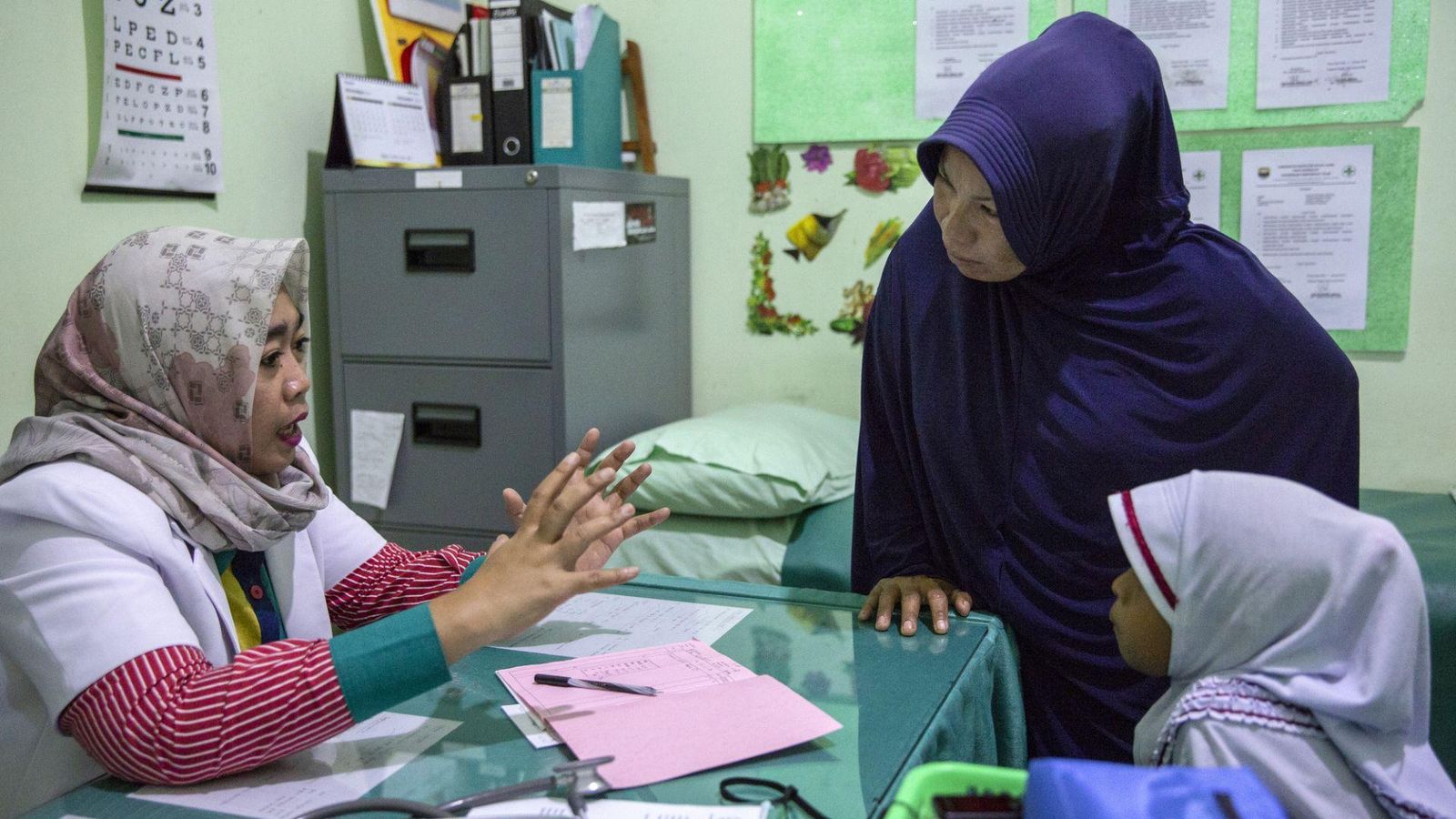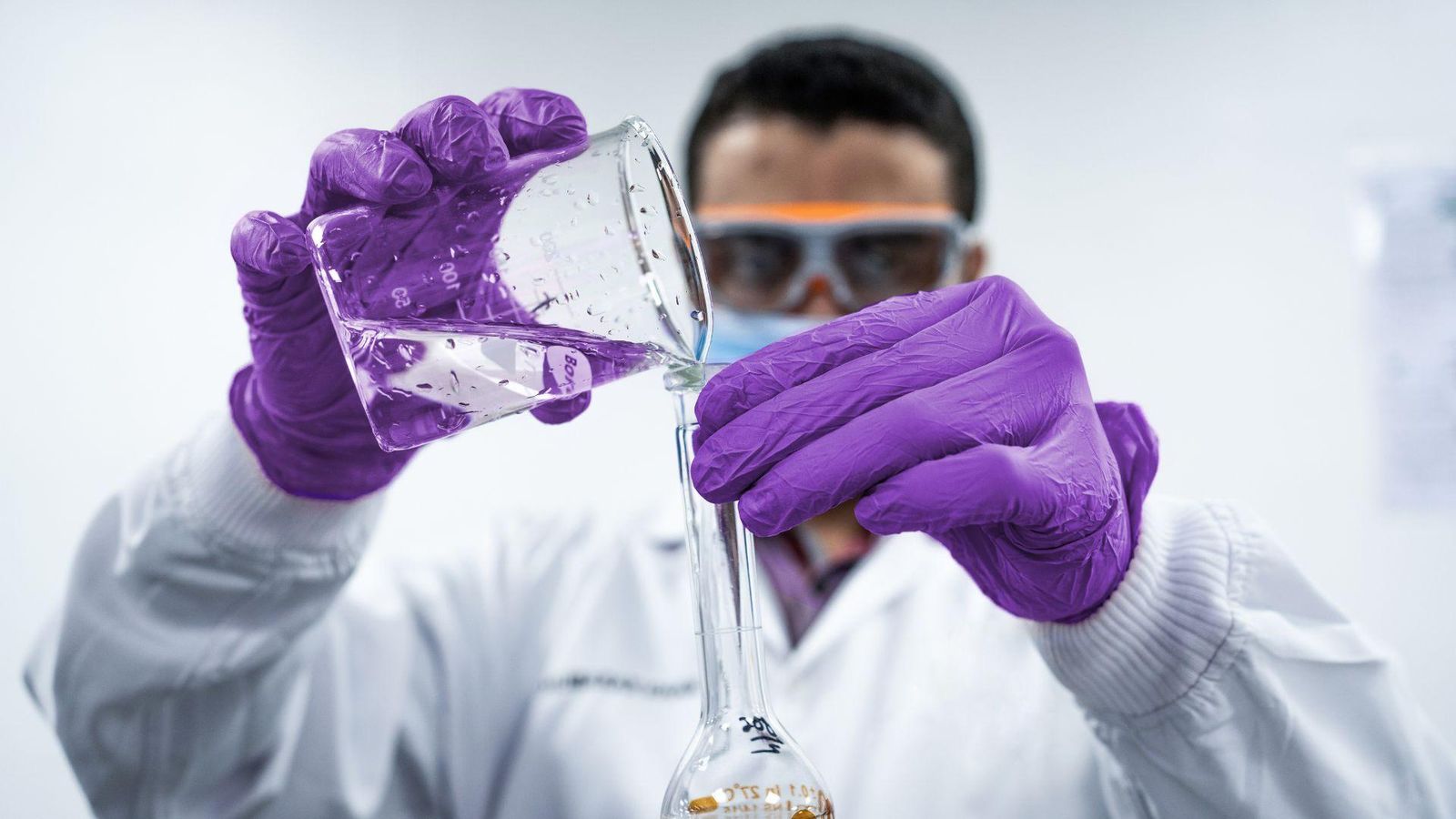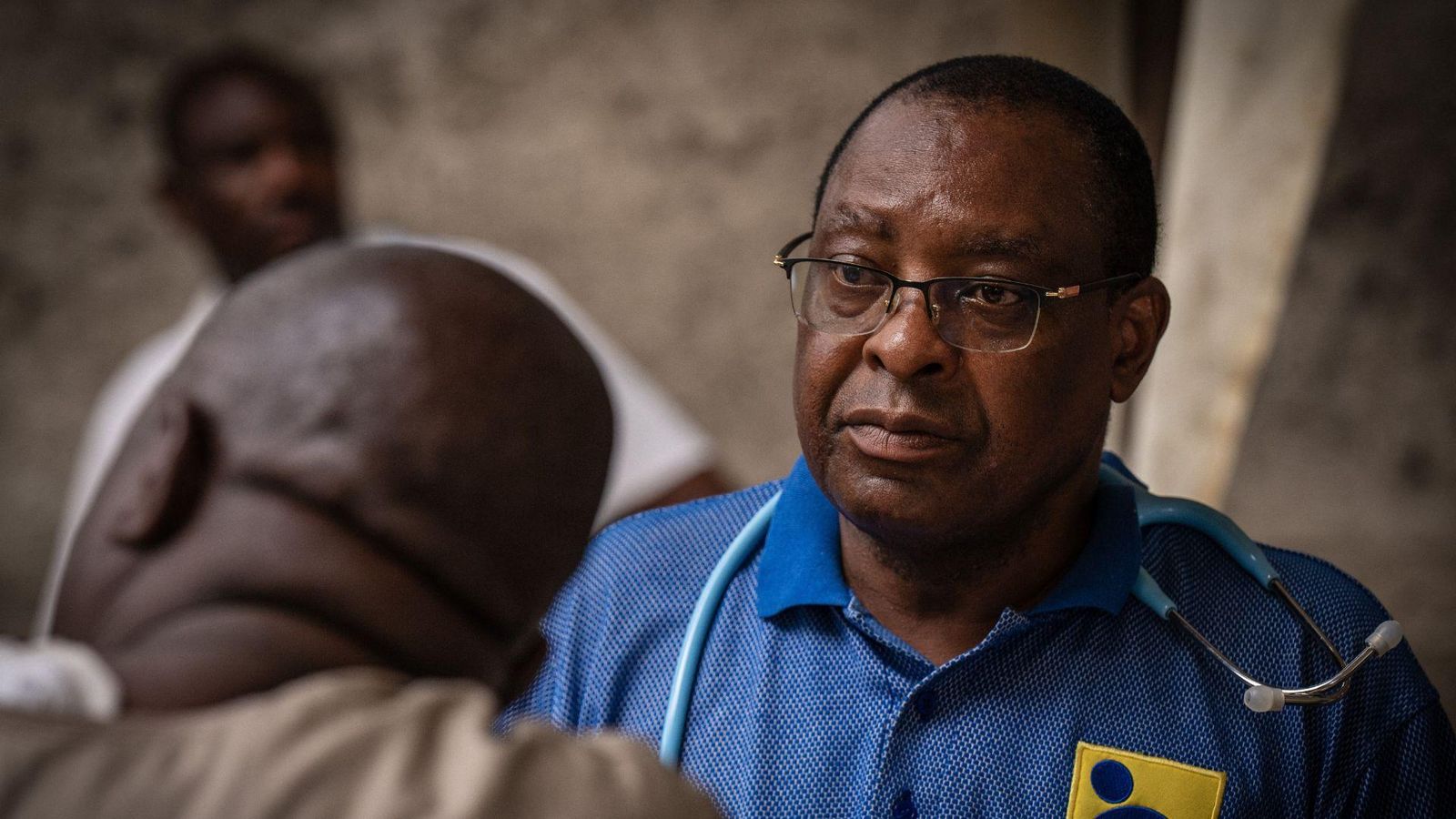The impact of environmental change is widespread, harming our health, the planet and the resilience of healthcare systems. Building on our strengths and business strategy, we are well-positioned to tackle the impact of environmental changes on health and health care. We also strive to embed sustainability across all aspects of our business.

Audrey Duval
Executive Vice President, Corporate Affairs, President Sanofi France

Bridging Environment and Health for a Better Future
Environmental challenges are intensifying, reshaping our world, exacerbating certain diseases and worsening inequities in healthcare and access to quality medicines, with vulnerable communities being disproportionately affected.
We are committed to taking concrete actions to address the impact of environmental challenges on health and healthcare. By focusing on this intersection, we are uniting our sustainability efforts with a renewed focus on key areas for maximum impact: building on our longstanding efforts towards sustainable and equitable access to healthcare, reducing the environmental impact of our products and activities across the value chain, and helping to transform the delivery of care to support the resilience of healthcare systems. Our goal is to build a healthier and more resilient world, for patients, the planet and society.
Our Achievements
Our initiatives in sustainability so far have delivered measurable results and enable us to bring experience and innovative thinking to our refocused approach.
>790,000
Non-communicable disease patients reached through our Global Health Unit

Sustainable and Equitable Access to Healthcare
We are focused on improving and accelerating sustainable and equitable access to our medicines, vaccines and related care for underserved communities across high-impact geographies. We are building comprehensive access to care programs particularly to tackle diseases worsened by environmental challenges for sustainable impact.

Environmental Impact
We’re reducing the environmental impact of our products and activities across the value chain while adapting our business to environmental challenges (climate- and nature-related), around the world.

Healthcare Systems’ Resilience
We’re contributing to the delivery of care transformation through collective efforts that reduce healthcare systems’ environmental footprints and improve their resilience. That means using data to support decarbonization of the health care pathway in ways that also better address patients’ needs.
Discover More
Global Health Unit
Our pioneering not-for -profit unit provides access to Sanofi quality medicines, with a focus on non-communicable diseases, in 40 countries with the greatest unmet medical needs while funding local support programs.
Inclusion
Across every stage of our journey – from research and development to manufacturing and delivery – our inclusive culture shapes how we innovate, collaborate and deliver breakthrough science that responds to patients’ realities.
Environment, Social, Governance
We communicate transparently on our ESG Performance on a regular basis.
Responsible Business
As a global organization, we strive to conduct our business in a responsible and sustainable way.
Recent News
Enhancing Our R&D Strategy: Integrating Environmental Impact for Sustainable Innovation and Resilience
The Link Between Climate and Health: We Chart a New Course
Data-Driven Solutions and Shared Responsibility to Address Global Health Challenges
A new white paper developed with IQVIA outlines how we’re addressing global health challenges and prioritizing actions through systematic data-driven approach and partnerships.
References
- "World's Most Sustainable Companies 2024," TIME, accessed March 21, 2025, https://time.com/collection/worlds-most-sustainable-companies-2024/.
- 2024 Access to Medicine Index," Access to Medicine Foundation, accessed March 21, 2025, https://accesstomedicinefoundation.org/sectors-and-research/index-ranking.
